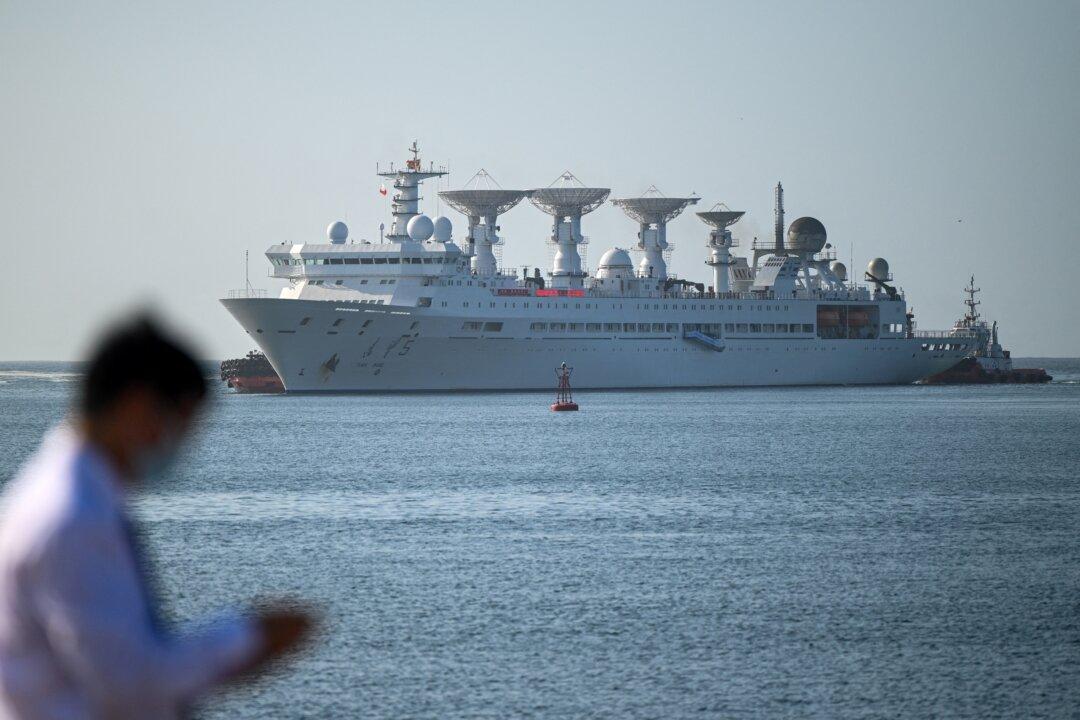Australian Defence Minister Richard Marles has condemned the behaviour of a Chinese destroyer after it turned on a sonar device near an Australian ship, causing injuries to Australian Navy divers.
In a statement, Mr. Marles criticised the Chinese vessel for its “unsafe and unprofessional conduct” and said the Australian government has expressed “serious concerns” to the Chinese regime regarding the event.




